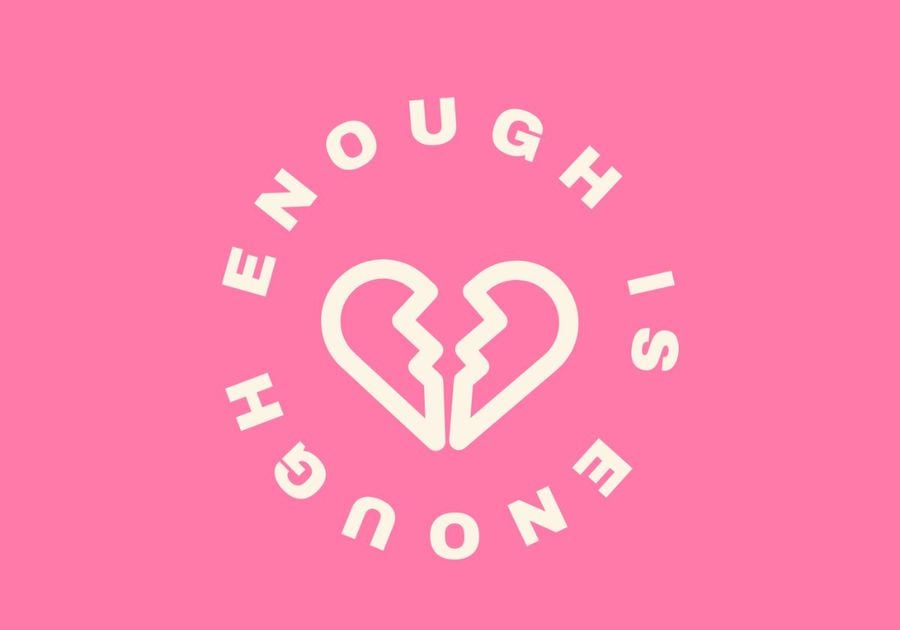Chances are that at one point in our lives, we have known someone who has experienced such trauma. Domestic violence is a pervasive issue that affects millions of people each year, regardless of gender, age, race, or socioeconomic status. It takes many forms, including physical, emotional, psychological, financial, and sexual abuse. Despite its widespread impact, domestic violence often goes unspoken, hidden behind closed doors. It is essential to shed light on this issue and make it unequivocally clear: domestic violence is never okay.
What Is Domestic Violence?
Domestic violence refers to a pattern of abusive behavior in a relationship used by one partner, male or female, to gain or maintain power and control over the other. It can occur in intimate partnerships, family relationships, or shared living spaces. Abuse is not always physical—it can manifest through:
- Emotional abuse: Insults, threats, manipulation, and degradation.
- Psychological abuse: Intimidation, gaslighting, and isolation from loved ones.
- Physical abuse: Hitting, slapping, pushing, or other forms of physical harm.
- Sexual abuse: Non-consensual acts, coercion, or sexual violence.
- Financial abuse: Controlling finances, restricting access to money, or sabotaging employment.
The Impact of Domestic Violence
The effects of domestic violence are devastating and far-reaching. Victims often suffer from:
- Physical injuries that range from bruises to life-threatening conditions.
- Emotional trauma, including anxiety, depression, and PTSD.
- Social isolation, as abusers frequently cut victims off from support systems.
- Financial hardship, especially when victims are financially dependent on their abuser.
- Generational impact, as children who witness domestic violence are more likely to experience or perpetuate violence in adulthood.
Recognizing the Warning Signs
While every situation is unique, there are common red flags of domestic violence:
- Jealousy and possessiveness that escalate into controlling behaviors.
- Frequent belittling or humiliation in private or public.
- Unexplained injuries or frequent "accidents."
- Withdrawal from friends, family, and activities.
- Fearful or anxious behavior around their partner.
Breaking the Silence
Domestic violence thrives in secrecy and silence. It is critical to speak out against it, support survivors, and challenge the stigma. Here’s how you can help:
- Listen without judgment: Believe survivors when they share their experiences.
- Encourage seeking help: Share resources, such as hotlines or local shelters.
- Be a safe space: Let survivors know they are not alone and have support.
- Advocate for change: Support legislation and organizations that combat domestic violence.
Getting Help
If you or someone you know is experiencing domestic violence, there are resources available:
📞 National Domestic Violence Hotline: 800-799-SAFE (7233)
💻 Website:
thehotline.org
📲 Text: "START" to 88788
Locally, there are also organizations in Winston-Salem offering assistance and support, such as:
- Family Services of Forsyth County: Providing counseling, emergency shelter, and advocacy.
- Next Step Ministries: Offering support and resources for victims of domestic violence.
- Eliza's Helping Hands: Offering counseling services, parenting programs, and mediation.
You Are Not Alone
Domestic violence is never justified. No one deserves to be mistreated, controlled, or harmed. If you are a survivor, know that healing is possible, and help is available. If you are an ally, continue to educate yourself, advocate for change, and be a voice for those who cannot yet speak out.
Abuse is never love. Control is never care. Domestic violence is never okay.






